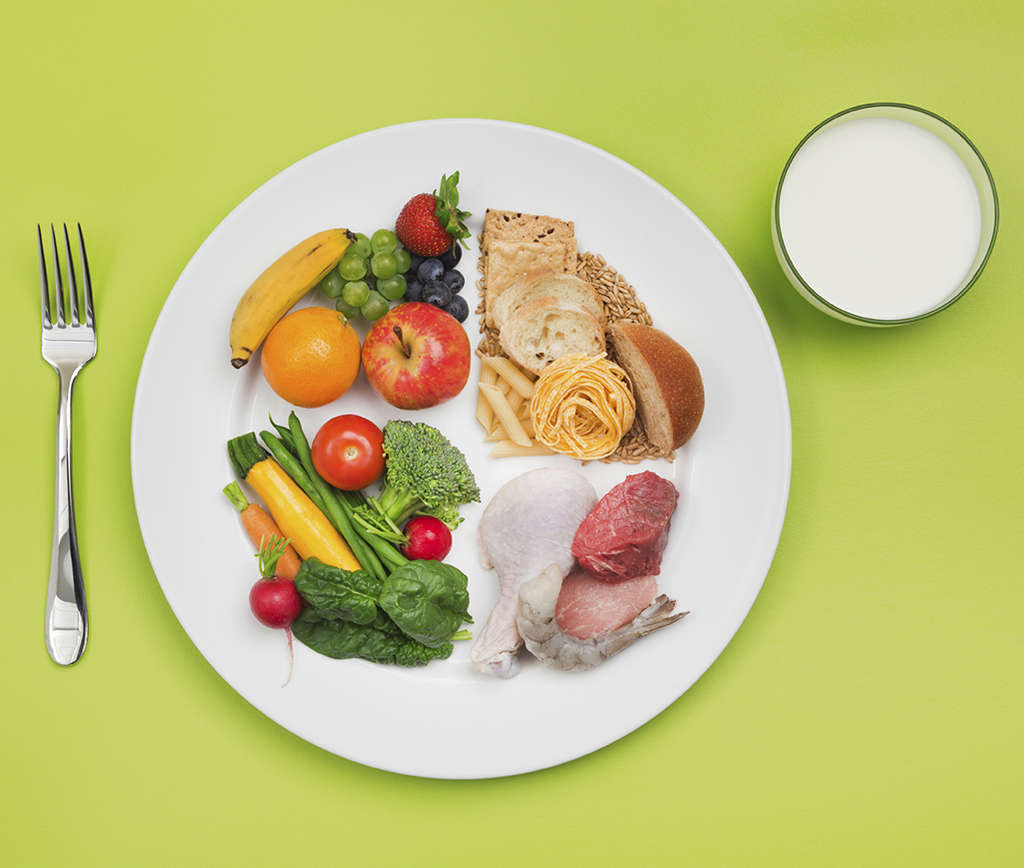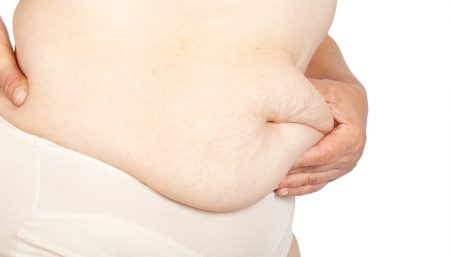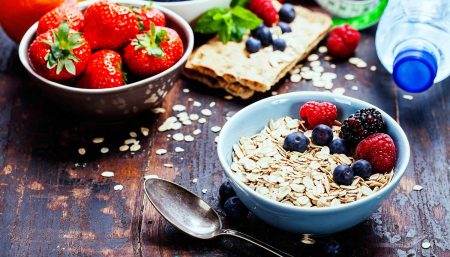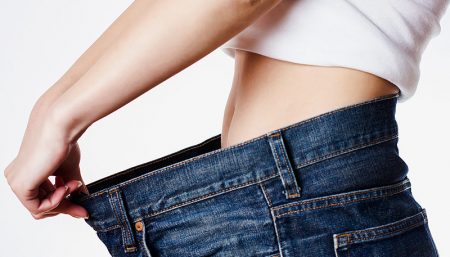
Diet recommendations after gastric bypass surgery (or Roux-en-Y gastric bypass) or other weight-loss surgery vary depending on the type of surgery, where the surgery is performed and your individual situation.
The gastric bypass diet has four phases to help you ease back into eating solid foods. How quickly you move from one step to the next depends on how fast your body heals and adjusts to the change in eating patterns. You can usually start eating regular foods with a firmer texture about three months after surgery.
After gastric bypass or other weight-loss surgery, you must pay extra attention to signs that you feel hungry or full. You may develop some food intolerances or aversions.
Phase 1: Liquid diet
You won’t be allowed to eat for one to two days after gastric bypass surgery so that your stomach can start to heal. After that, while you’re still in the hospital, you start a diet of liquids and semisolid foods to see how you tolerate foods after surgery.
Foods you may be able to have on phase 1 of the gastric bypass diet include:
- Broth
- Unsweetened juice
- Milk
- Strained cream soup
- Sugar-free gelatin
During phase 1, sip fluids slowly and drink only 2 to 3 ounces (59 to 89 milliliters, or ml) at a time. Don’t drink carbonated or caffeinated beverages. And don’t eat and drink at the same time. Wait about 30 minutes after a meal to drink anything.
Phase 2: Pureed foods
Once you’re able to tolerate liquid foods for a few days, you can begin to eat pureed (mashed up) foods. During this two- to four-week-long phase, you can only eat foods that have the consistency of a smooth paste or a thick liquid, without any solid pieces of food in the mixture.
To puree your foods, choose solid foods that will blend well, such as:
- Lean ground meats
- Beans
- Fish
- Egg whites
- Yogurt
- Soft fruits and vegetables
- Cottage cheese
Blend the solid food with a liquid, such as:
- Water
- Fat-free milk
- Juice with no sugar added
- Broth
- Fat-free gravy
Keep in mind that your digestive system might still be sensitive to spicy foods or dairy products. If you’d like to eat these foods during this phase, add them into your diet slowly and in small amounts.
Phase 3: Soft, solid foods
With your doctor’s OK, after a few weeks of pureed foods, you can add soft, solid foods to your diet. If you can mash your food with a fork, it’s soft enough to include in this phase of your diet.
During this phase, your diet can include:
- Ground or finely diced meats
- Canned or soft, fresh fruit
- Cooked vegetables
You usually eat soft foods for eight weeks before eating foods of regular consistency with firmer texture, as recommended by your dietitian or doctor.
Phase 4: Solid foods
After about eight weeks on the gastric bypass diet, you can gradually return to eating firmer foods. You may find that you still have difficulty eating spicier foods or foods with crunchy textures. Start slowly with regular foods to see what foods you can tolerate.
Avoid these foods
Even at this stage after surgery, avoid these foods:
- Nuts and seeds
- Popcorn
- Dried fruits
- Sodas and carbonated beverages
- Granola
- Stringy or fibrous vegetables, such as celery, broccoli, corn or cabbage
- Tough meats or meats with gristle
- Breads
These foods are discouraged because they typically aren’t well tolerated in the weeks after surgery and might cause gastrointestinal symptoms. Over time, you may be able to try some of these foods again, with the guidance of your doctor.
A return to normal
Three to four months after weight-loss surgery, you may be able to start returning to a normal healthy diet, depending on your situation and any foods you may not be able to tolerate. It’s possible that foods that initially irritated your stomach after surgery may become more tolerable as your stomach continues to heal.
General Guidelines
- Eat balanced meals with small portions.
- Follow a diet low in calories, fats and sweets.
- Keep a daily record of your food portions and of your calorie and protein intake. Your goal should be a minimum of 65 to 75 grams of protein a day.
- Eat slowly and chew small bites of food thoroughly.
- Avoid rice, bread, raw vegetables and fresh fruits, as well as meats that are not easily chewed, such as pork and steak. Ground meats are usually better tolerated.
- Do not use straws, drink carbonated beverages or chew ice. They can introduce air into your pouch and cause discomfort.
- Avoid sugar, sugar-containing foods and beverages, concentrated sweets and fruit juices.
- For the first two months following surgery, your calorie intake should be between 300 and 600 calories a day, with a focus on thin and thicker liquids.
- Daily caloric intake should not exceed 1,000 calories.
Ref:
Disclaimer
The Content is not intended to be a substitute for professional medical advice, diagnosis, or treatment. Always seek the advice of your physician or other qualified health provider with any questions you may have regarding a medical condition.



